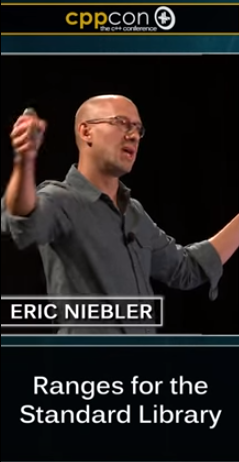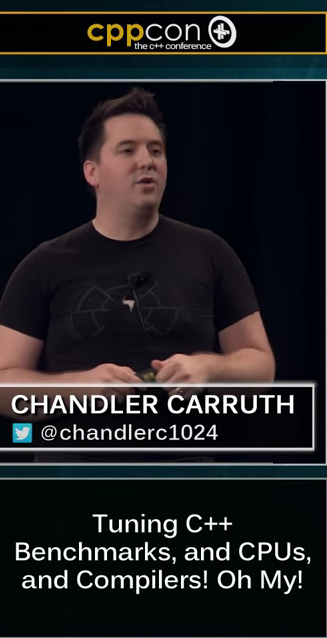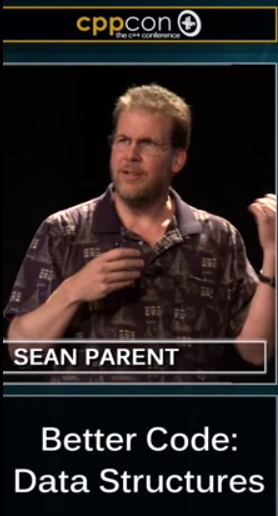This years C++ Committee papers sorted by mailing and subgroup
An alternative listing of the papers sorted by mailing & subgroups:
This years C++ Committee papers sorted by mailing and subgroup
by Jens Weller
From the article:
I used to do overviews on all papers for a meeting, and when I find the time, I will do this for upcoming meetings again. I will try to post a best-of later, with all the good stuff on concepts, modules and more later. Currently I'm to busy, I just got back from CppCon, and will go to the Qt World Summit next week (meet me there!).
So, in the mean time you can take take a look for yourself, as what follows is the list off all papers submitted this year, sorted by mailings and then subgroups. My awesome paper crawler tool did finally its job correct...

 CppCon 2015's inspiring endnote video is now available below. This is last of the rush-processed plenary sessions posted quickly (see the Video feed for the others). Of course, there'll be more: Like last year, all the sessions, panels, and lightning talks were professionally recorded and will be available online worldwide for free, but processing well over 100 videos is a lot of work and it will take about a month before they can be available; your patience is appreciated.
CppCon 2015's inspiring endnote video is now available below. This is last of the rush-processed plenary sessions posted quickly (see the Video feed for the others). Of course, there'll be more: Like last year, all the sessions, panels, and lightning talks were professionally recorded and will be available online worldwide for free, but processing well over 100 videos is a lot of work and it will take about a month before they can be available; your patience is appreciated.

 Recorded at CppCon this week:
Recorded at CppCon this week: